When a car accident shakes up your day, knowing whether to call the cops can be as crucial as checking for a dent. Are you aware of your state’s laws on accident reporting? Let’s cut through the confusion and give you the rundown on when it’s time to dial 911.
1. Know the Legal Requirements
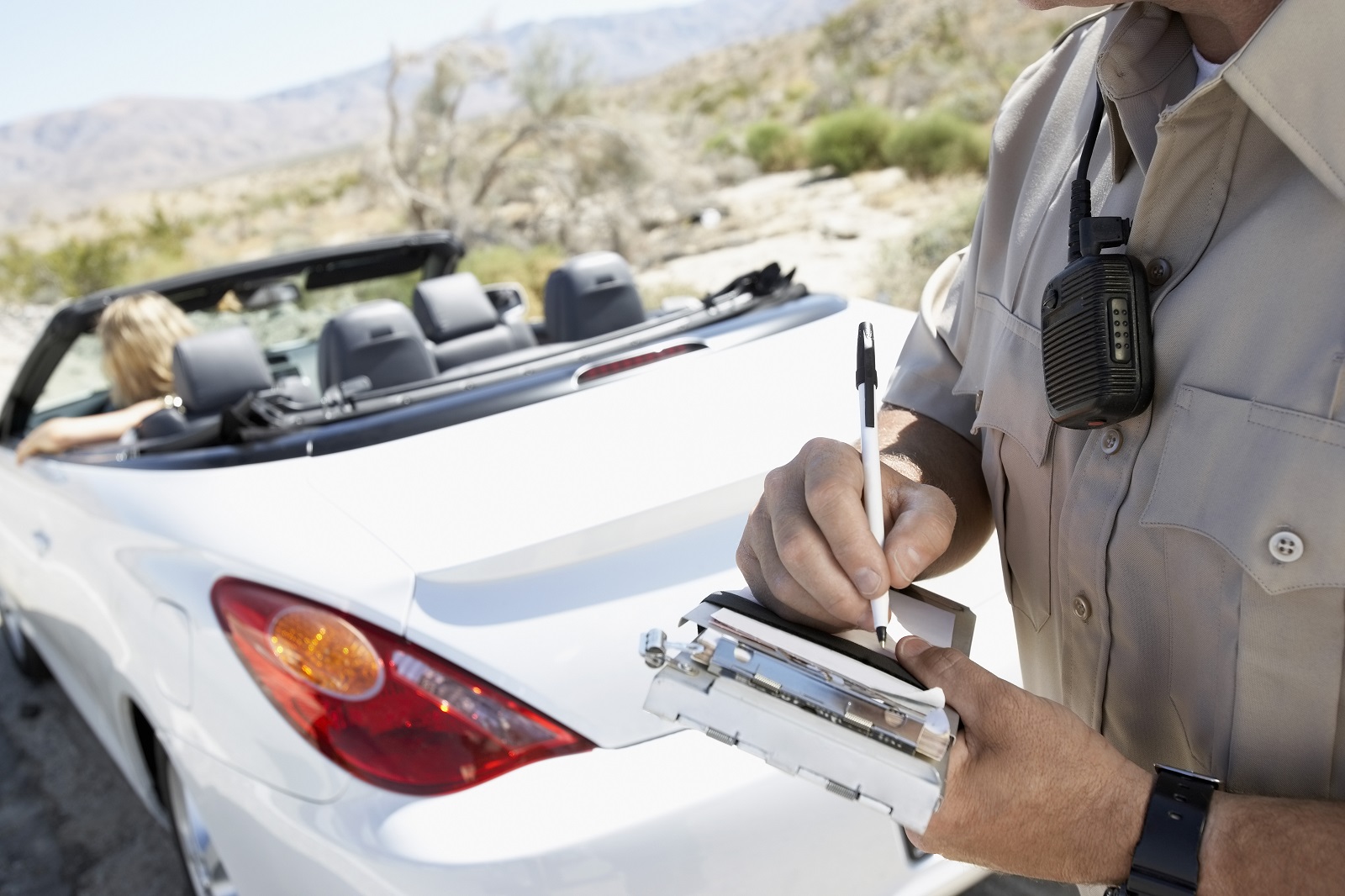
Image Credit: Shutterstock / sirtravelalot
Every state has its own set of rules about when police involvement is necessary. Generally, you must report an accident if it involves significant property damage, injuries, or certain other conditions like DUI. For example, you’re likely required to call the police for damage over a set dollar amount or if someone is injured.
2. Assess the Situation for Injuries
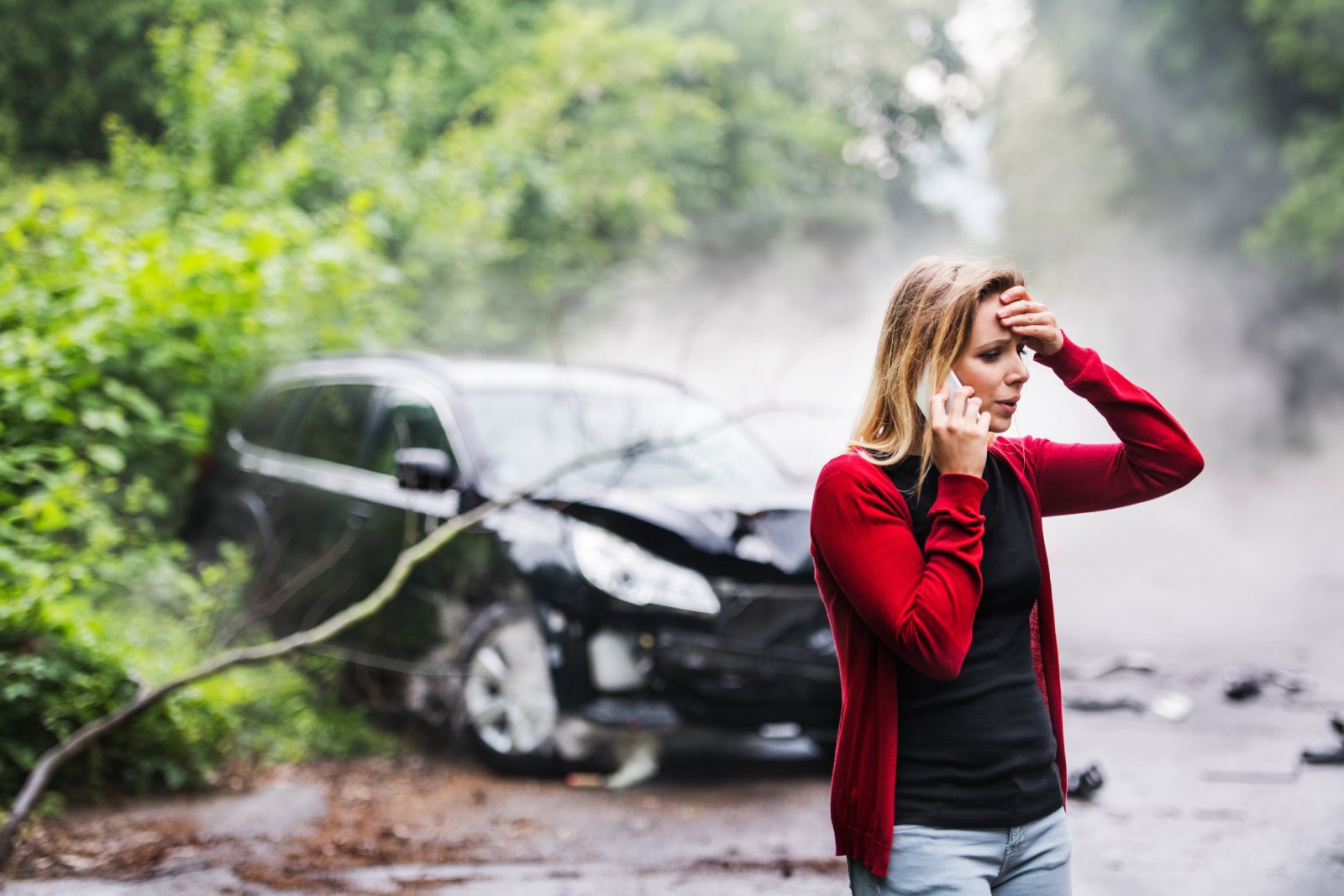
Image Credit: Shutterstock / Ground Picture
If anyone involved in the accident is hurt, call 911 immediately. Quick medical response can be vital. In the chaos post-accident, even minor symptoms like dizziness or confusion should prompt a call for emergency services, ensuring everyone’s safety and well-being.
3. Consider the Damage Done
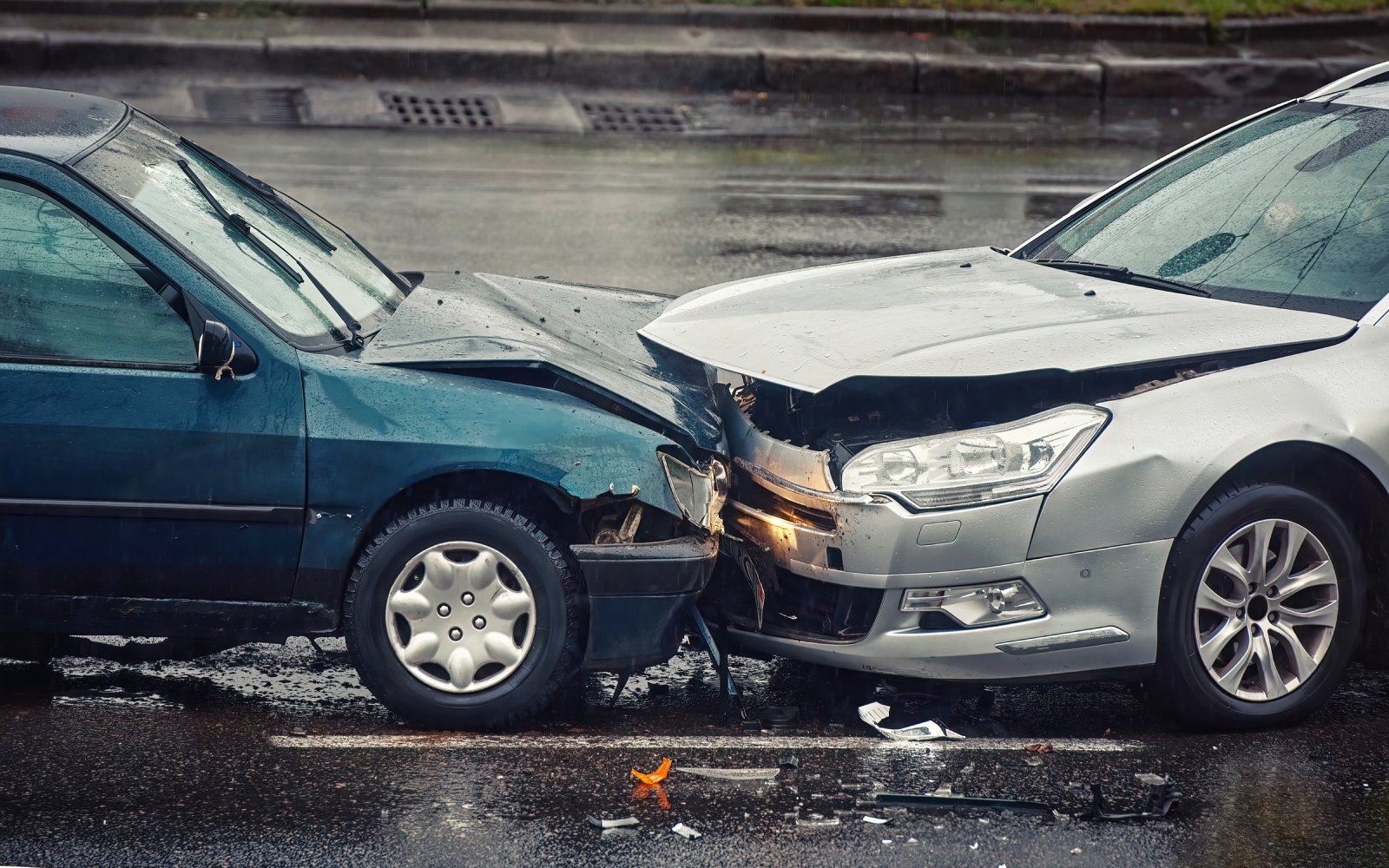
Image Credit: Shutterstock / Tricky_Shark
Evaluate the damage to your vehicle and others. Is a car undriveable? Is there significant property damage? These scenarios often require a police report, as they can lead to disputes or significant insurance claims. Documenting the scene with police can protect you later.
4. Understand the Role of Police Reports
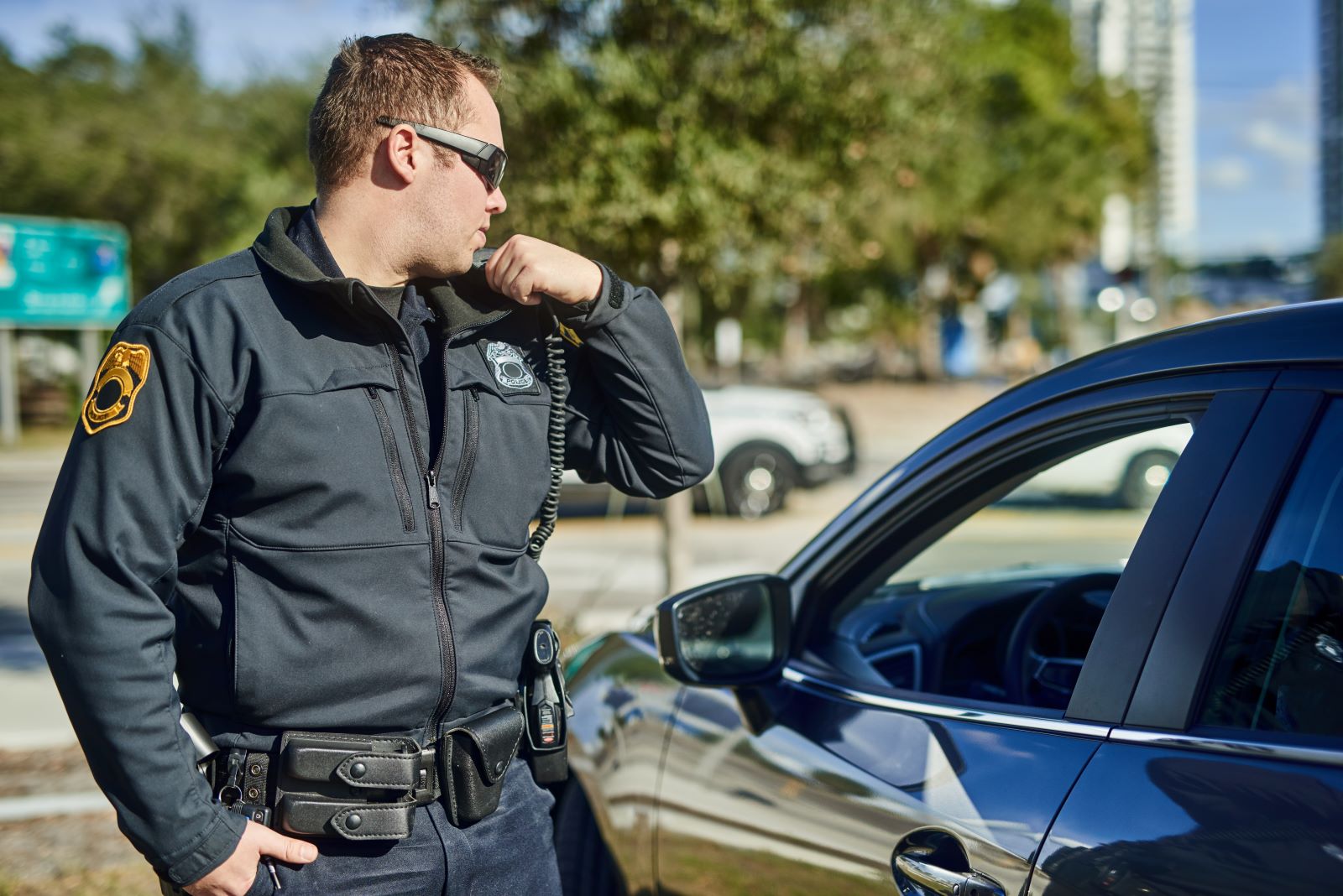
Image Credit: Shutterstock / PeopleImages.com – Yuri A
A police report provides an official account of the accident, which can be critical for insurance claims and legal purposes. Even if law enforcement doesn’t respond in person, filing a report at the station or online is a wise step to safeguard your rights.
5. Navigate Minor Accidents

Image Credit: Shutterstock / PattyPhoto
What about a minor fender bender? In many cases, if the damage is minimal and no one is injured, you might not need to involve the police. However, reporting the accident to local law enforcement or via a non-emergency number can still be beneficial to avoid potential complications.
6. Reporting Thresholds for Property Damage
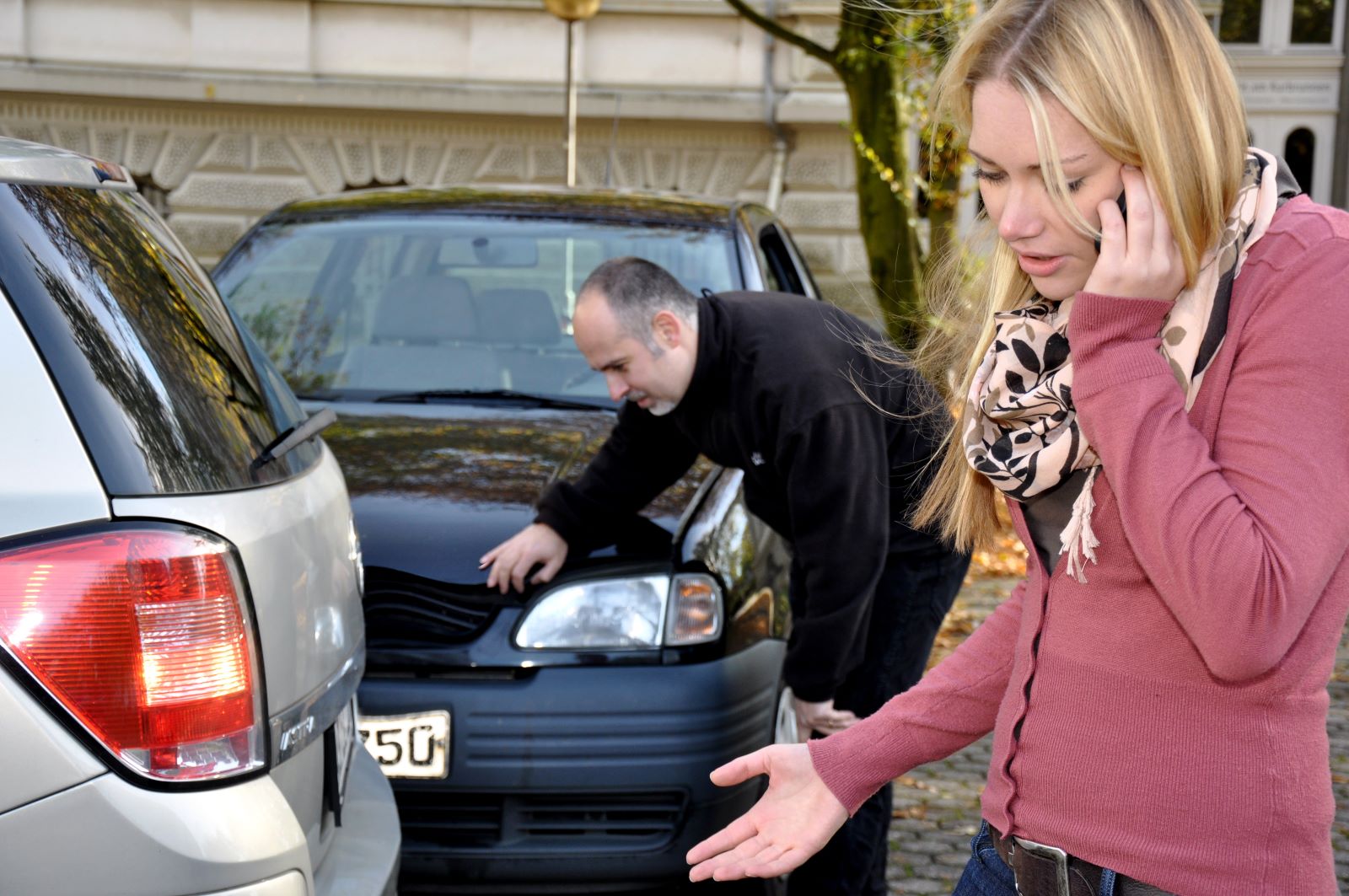
Image Credit: Shutterstock / Dan Race
In some states, you must report any accident where property damage exceeds a specific value. Check your state’s guidelines to know when a report is mandatory, even if the damage seems manageable.
7. Involvement of Special Circumstances
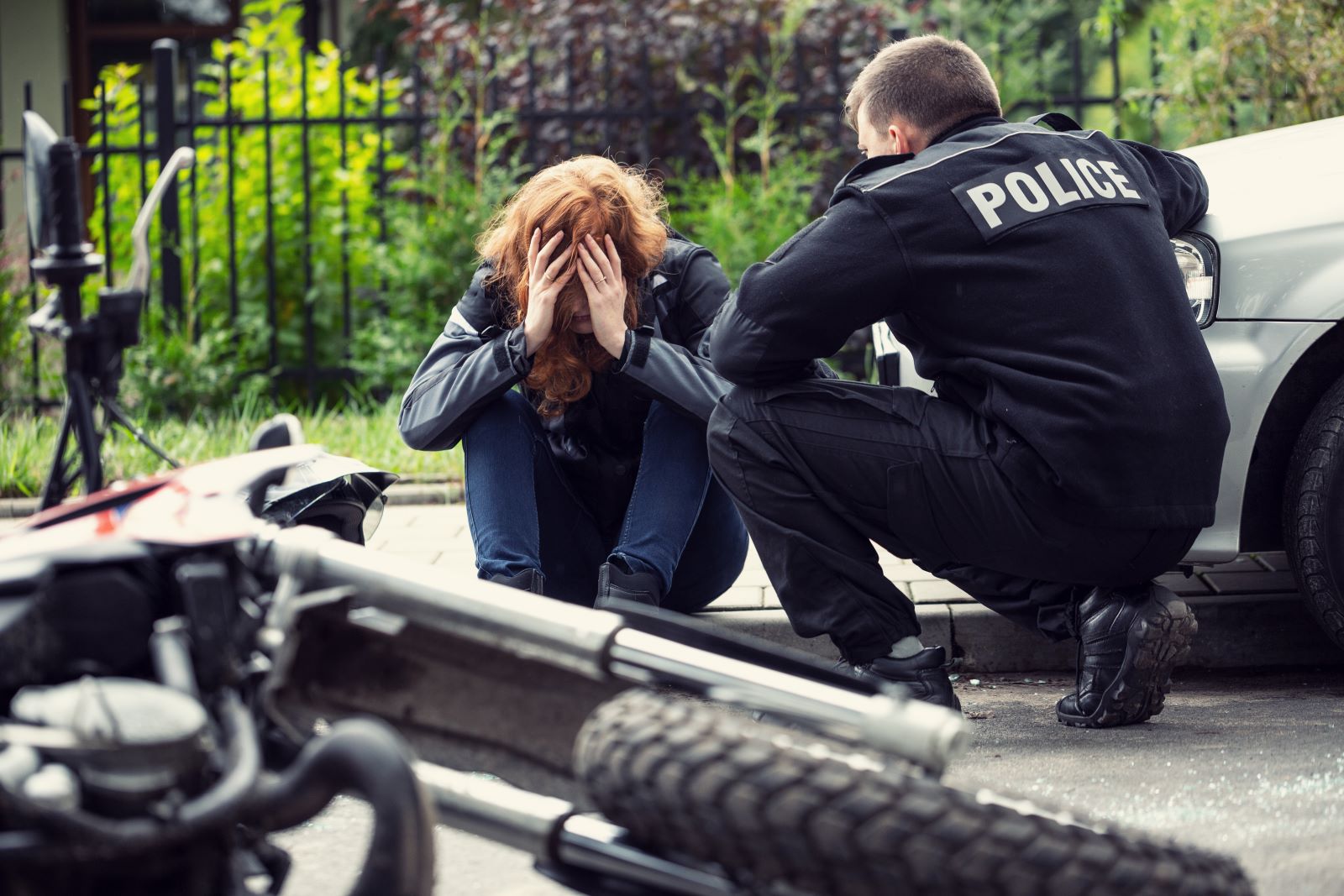
Image Credit: Shutterstock / Ground Picture
Accidents involving government vehicles, hazardous materials, or public property typically require police notification. These incidents can have broader implications and legal nuances.
8. Hit and Run Incidents
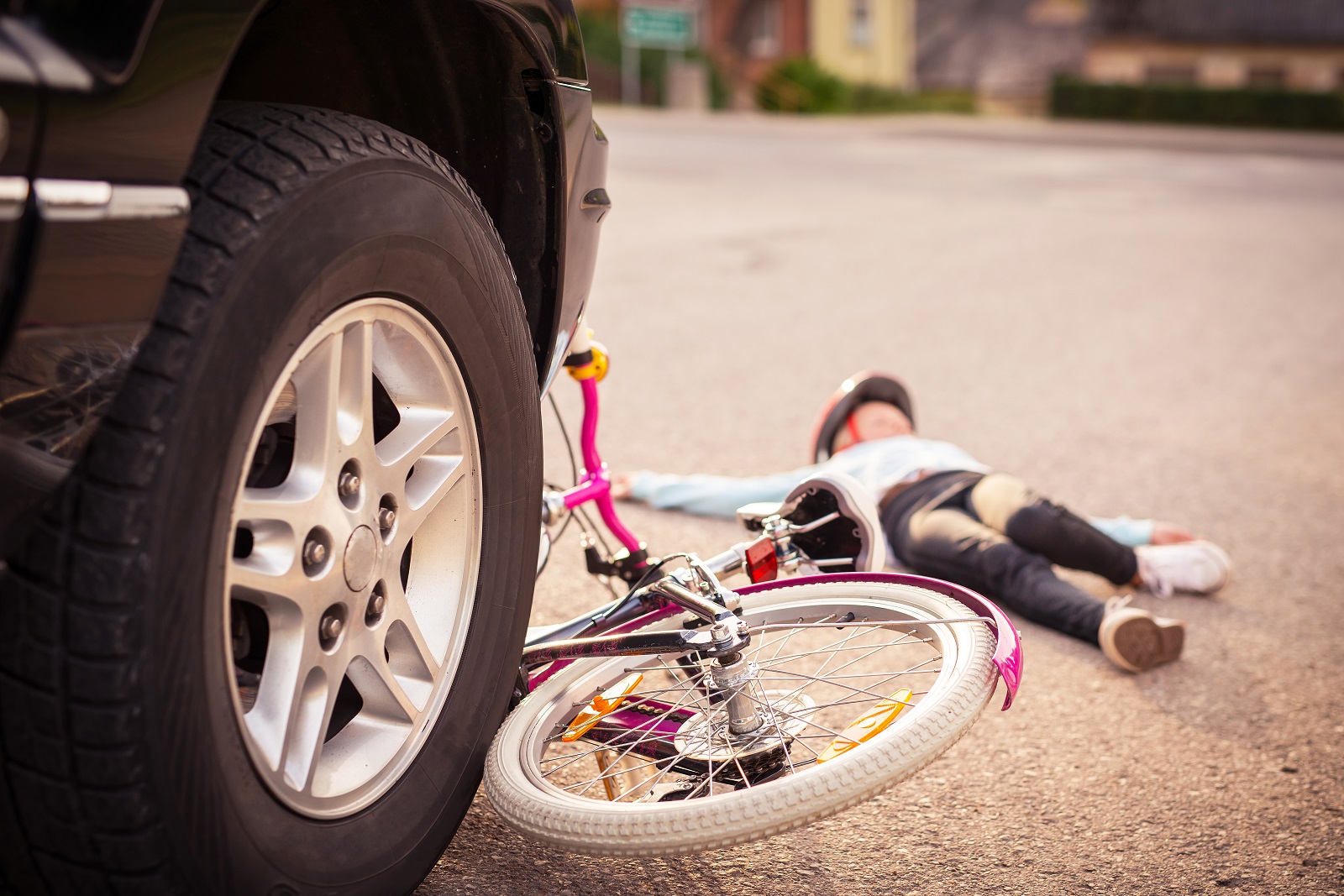
Image Credit: Shutterstock / Room 76
If the other party flees the scene, immediately contact the police. Hit and run accidents are serious offenses, and timely reporting can aid in the investigation and potential resolution.
9. Accidents in High Traffic Areas
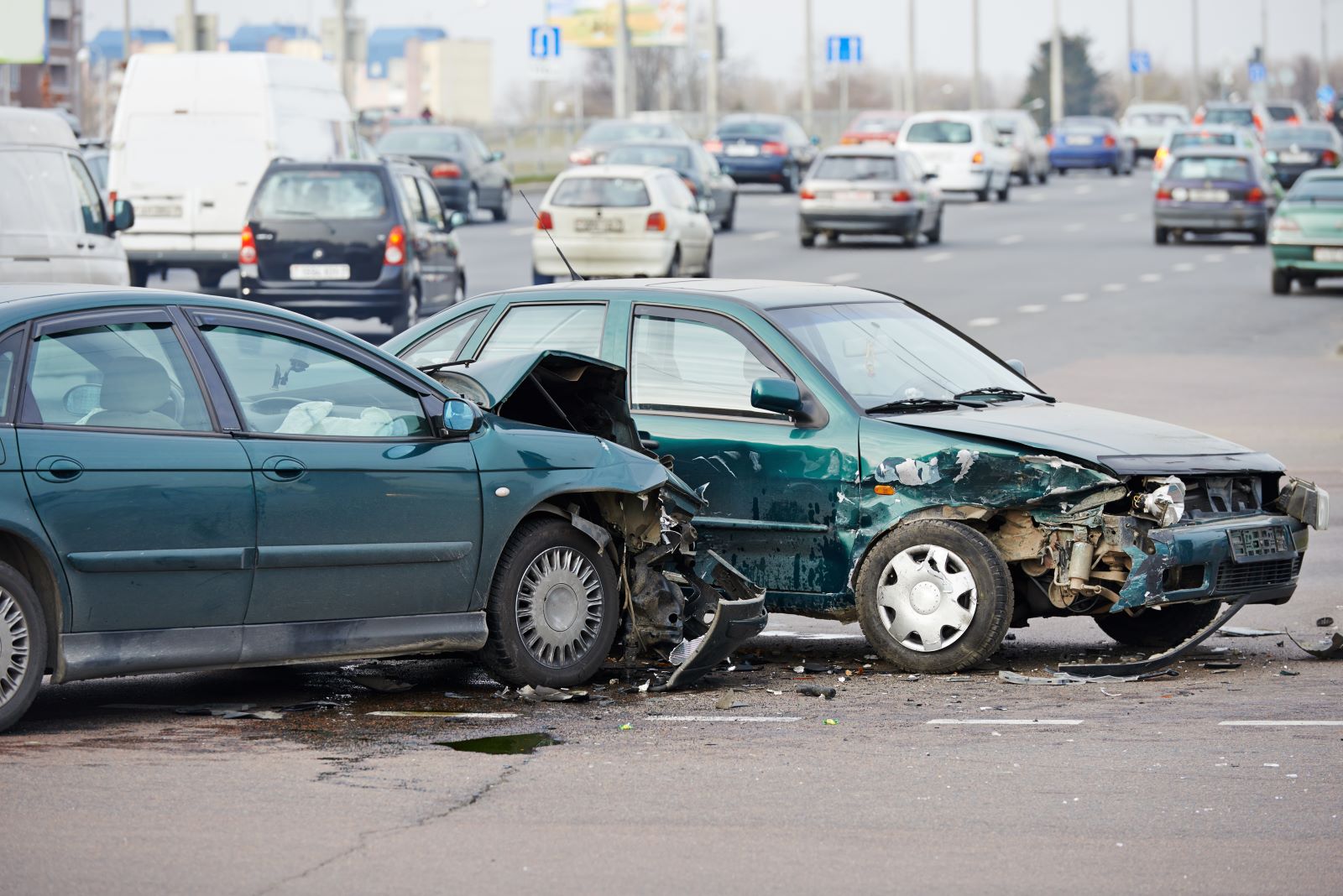
Image Credit: Shutterstock / Dmitry Kalinovsky
Accidents that occur in busy intersections or highways should be reported for safety and to facilitate traffic flow, even if they appear minor.
10. When Commercial Vehicles Are Involved
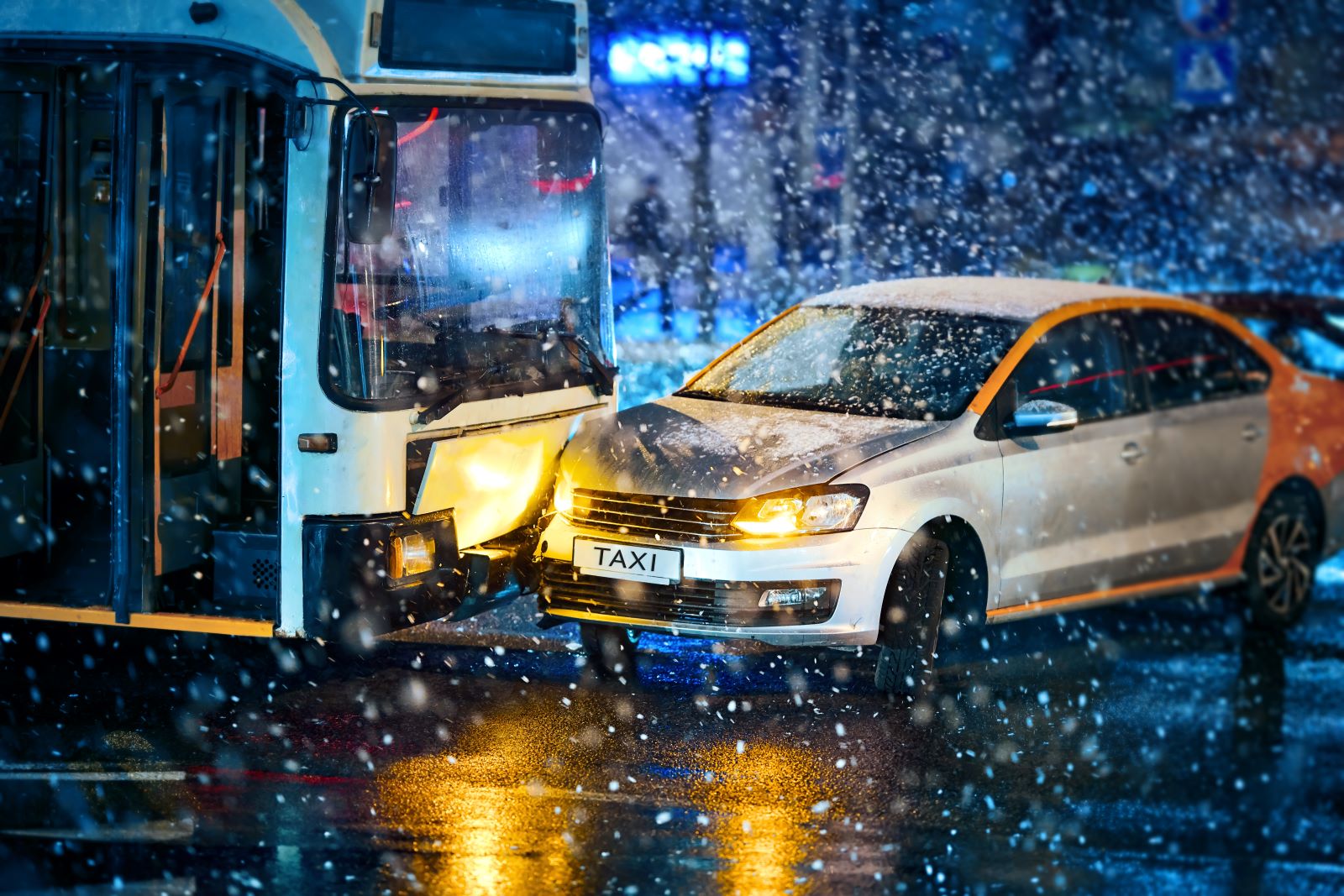
Image Credit: Shutterstock / Tricky_Shark
Accidents involving buses, trucks, or other commercial vehicles often have additional regulations requiring police reports due to the potential for significant damage and liability issues.
11. Understanding Insurance Requirements
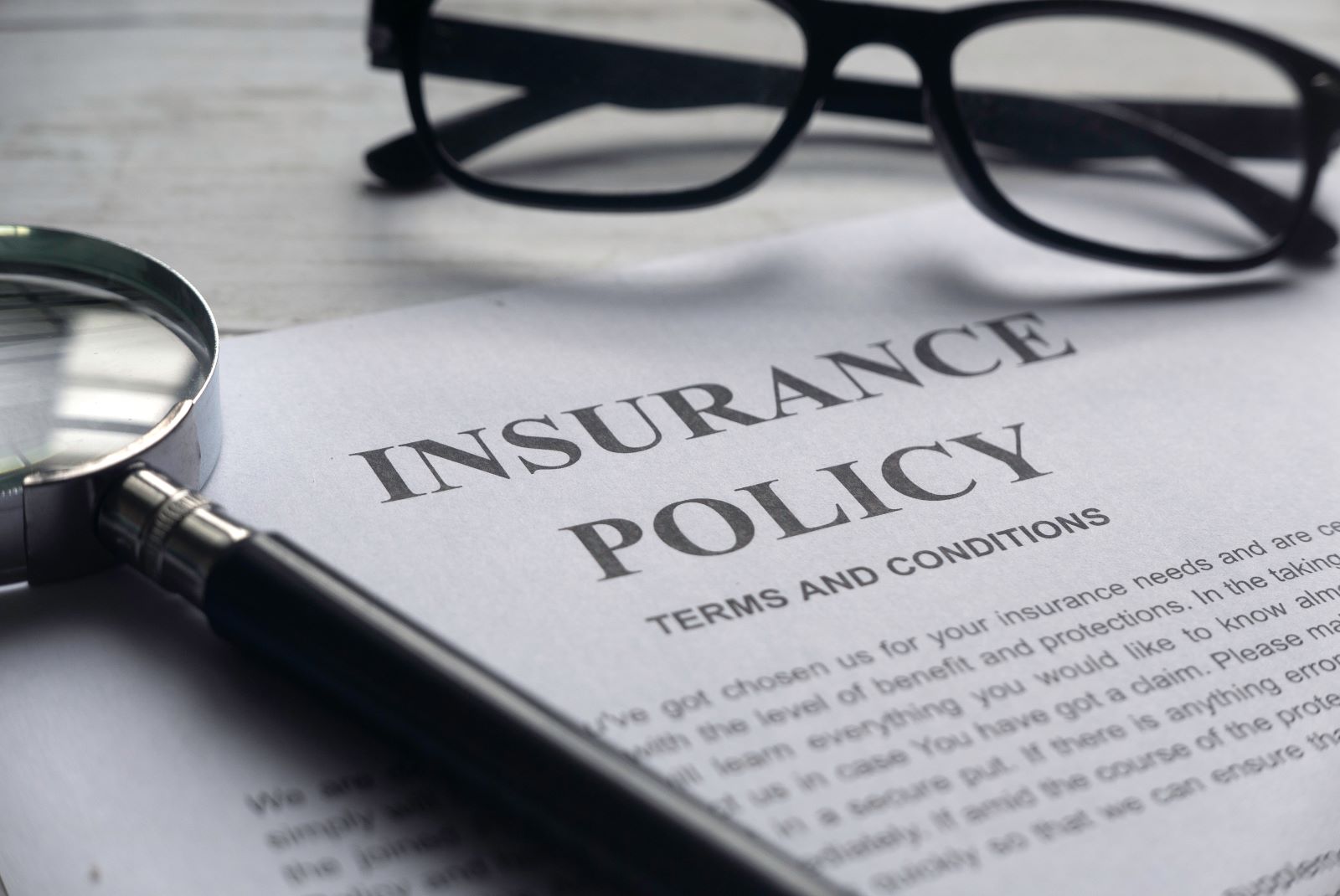
Image Credit: Shutterstock / Faizal Ramli
Some insurance policies have specific stipulations requiring police reports for any accident claim. Knowing your policy’s requirements can save you from future headaches.
12. Protecting Against Liability

Image Credit: Shutterstock / Nicola Forenza
Reporting an accident can provide an official narrative that may protect you from potential lawsuits or claims of liability from the other party.
13. Aftermath of an Accident Without Witnesses
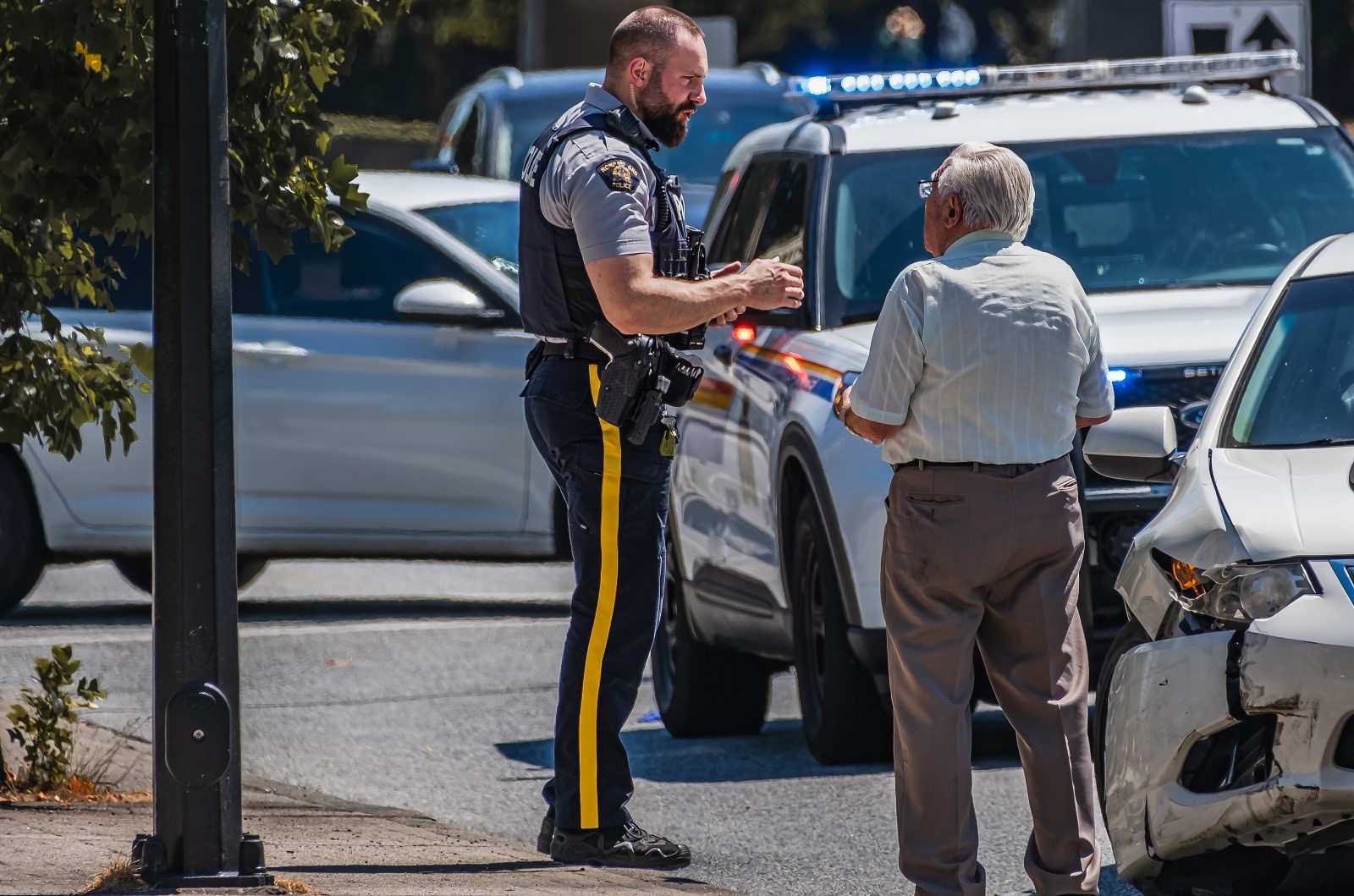
Image Credit: Shutterstock / Elena_Alex_Ferns
If there are no witnesses, a police report can provide a neutral third-party account, which can be crucial in resolving disputes.
14. Dealing With Unlicensed or Uninsured Drivers
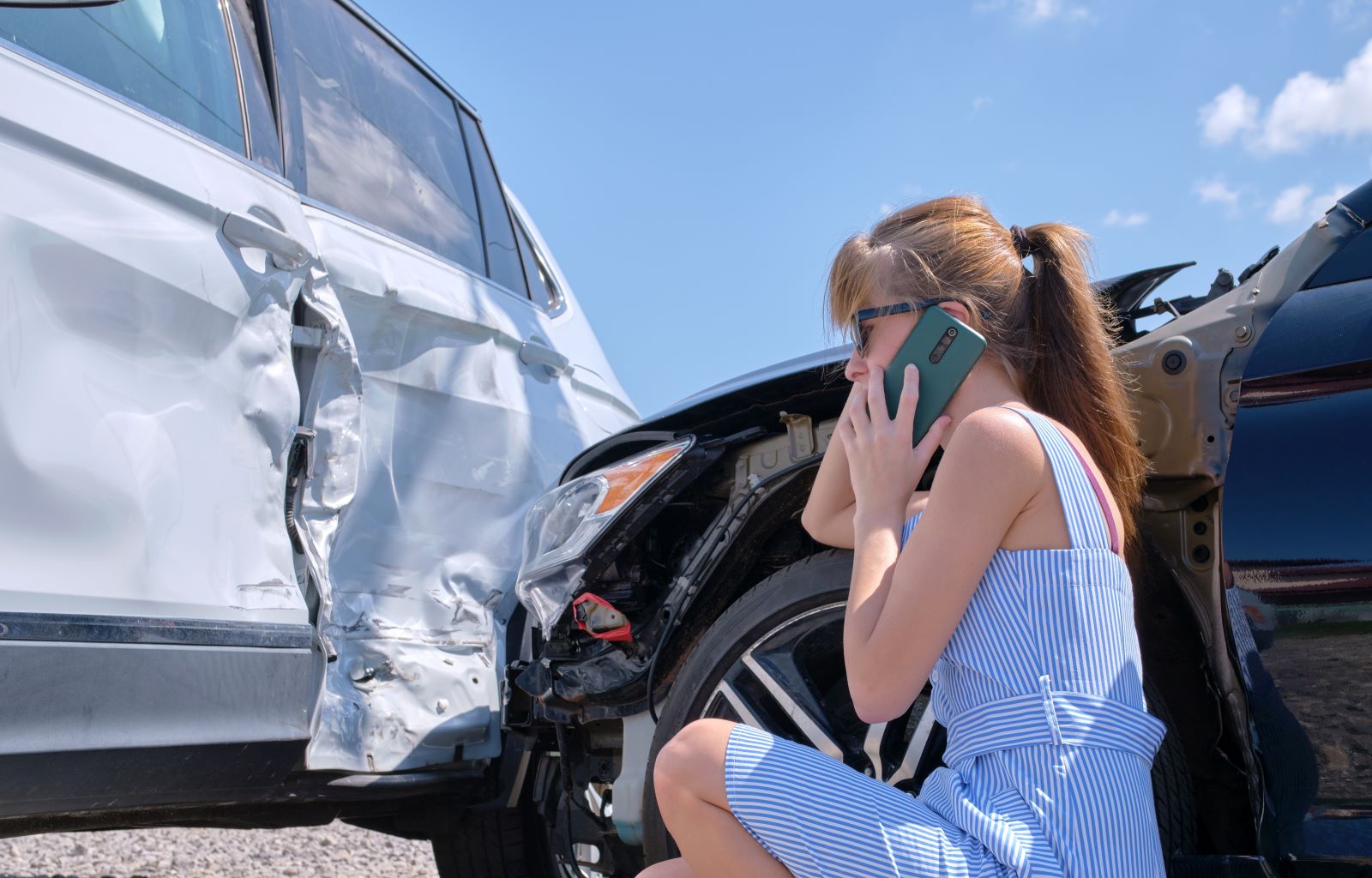
Image Credit: Shutterstock / Bilanol
Always call the police if involved with an unlicensed or uninsured motorist, as this complicates the legal and insurance aspects of the accident.
15. Accidents With Pedestrians or Cyclists
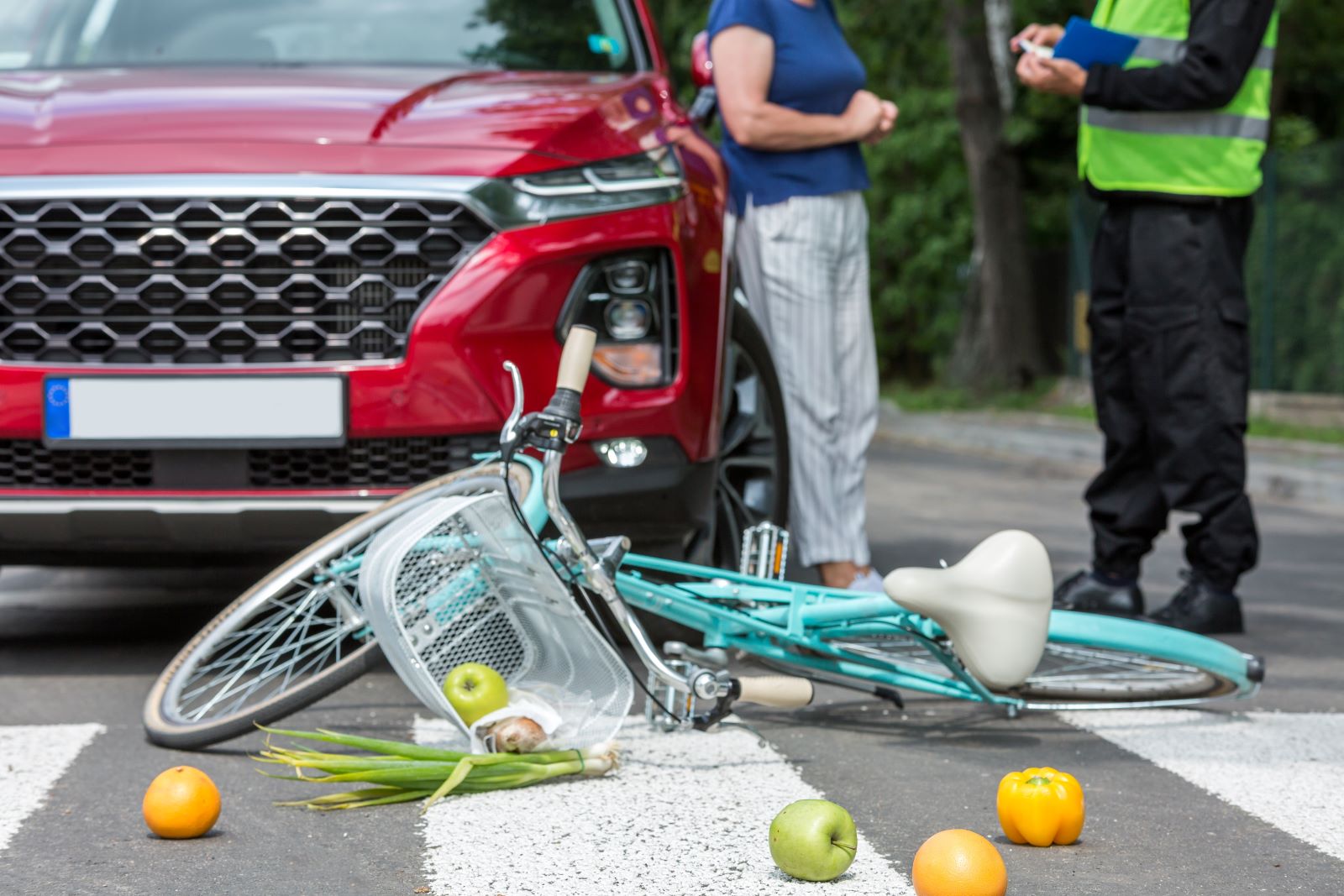
Image Credit: Shutterstock / Ground Picture
Always report accidents involving pedestrians or cyclists due to the higher likelihood of serious injuries and legal complexities.
16. When There’s Uncertainty
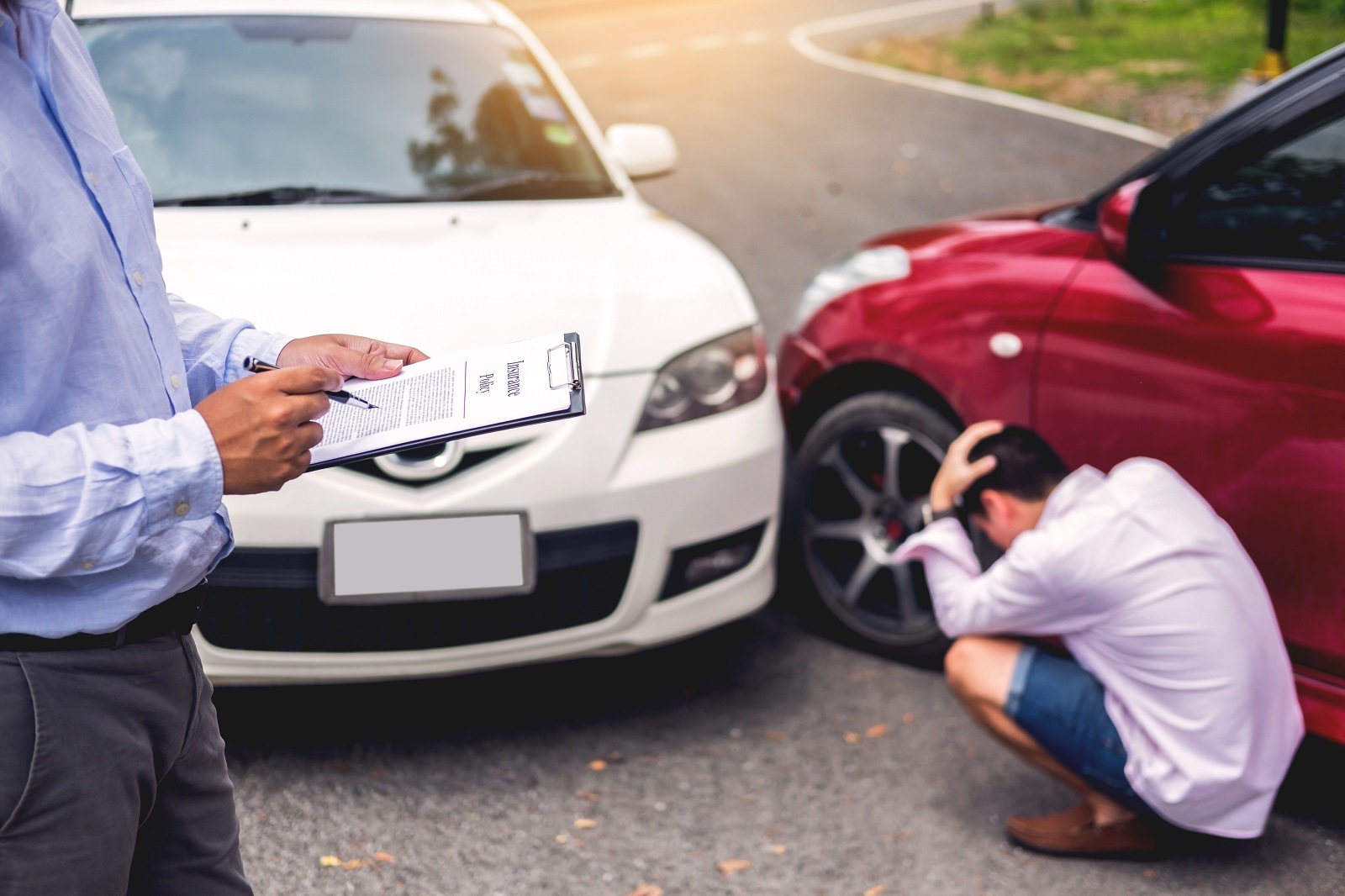
Image Credit: Shutterstock / Indypendenz
If you’re unsure about the severity of an accident or its implications, it’s better to err on the side of caution and contact the police.
Don’t Wreck Your Nerves, Just Report It!
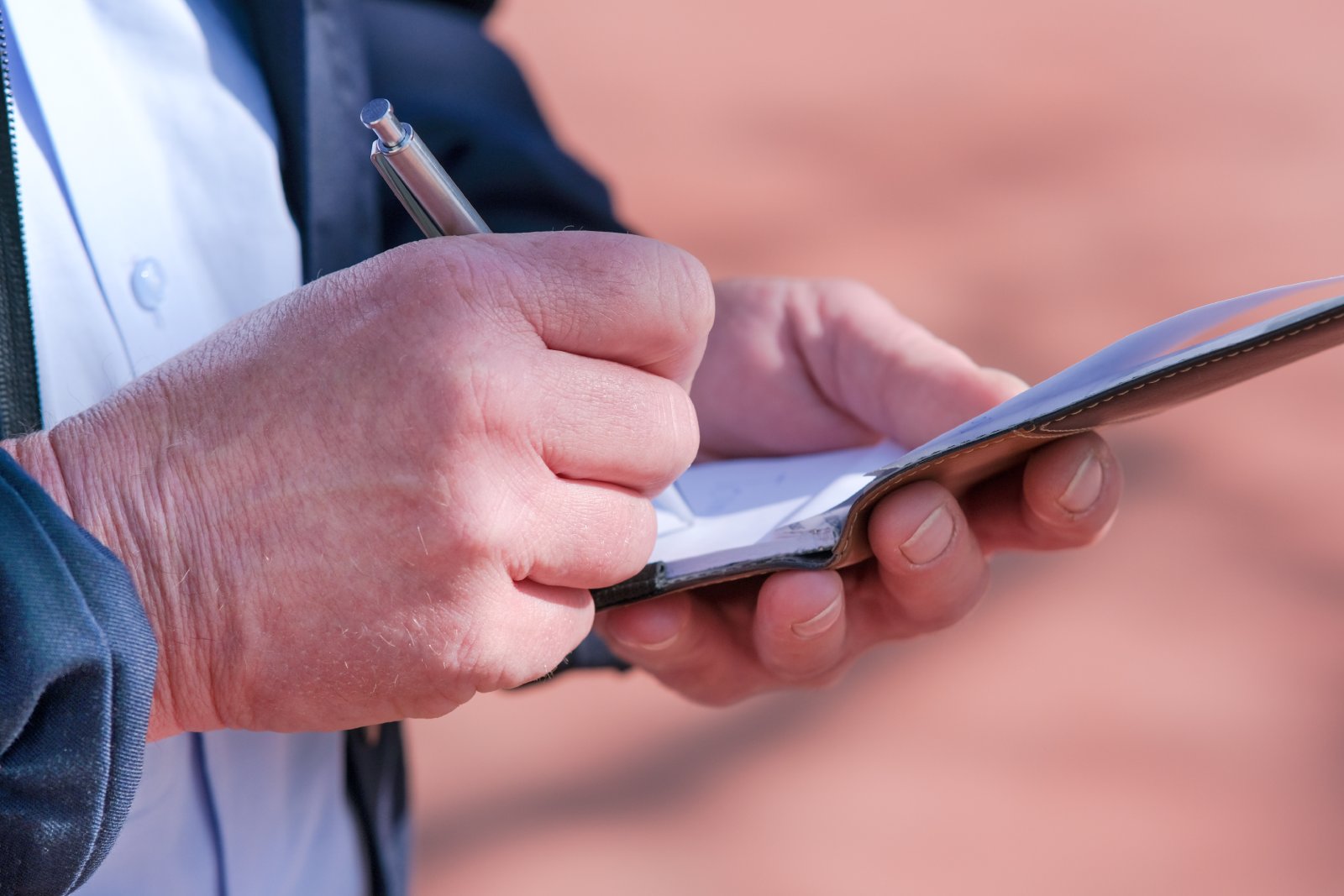
Image Credit: Shutterstock / Redaktion93
Deciding to call the police after a car accident shouldn’t add extra stress to your day. Remember, when in doubt, make the call—it’s better to have a report and not need it, than need it and not have one.
2024’s Most Anticipated Car Releases: What’s Coming Soon

Image Credit: Shutterstock / canadianPhotographer56
If you love cars, 2024 is shaping up to be an exciting year. New models are rolling out with more power, better tech, and some fresh designs that could change the game. Here’s the scoop on the top cars hitting the streets soon. 2024’s Most Anticipated Car Releases: What’s Coming Soon
21 Mods That Make Your Car Illegal

Image Credit: Shutterstock / macondo
Car modifications can enhance style and performance, but not all modifications are legal. Here are 21 illegal car modifications that can get you in trouble with the law across various states. 21 Mods That Make Your Car Illegal
10 American Classic Cars That Define a Generation

Image Credit: Shutterstock / Krisz12Photo
American classic cars are symbols of their eras, each telling a story of its time and capturing the essence of car culture. Here are ten classics that defined generations. 10 American Classic Cars That Define a Generation
Featured Image Credit: Shutterstock / Ground Picture.
For transparency, this content was partly developed with AI assistance and carefully curated by an experienced editor to be informative and ensure accuracy.
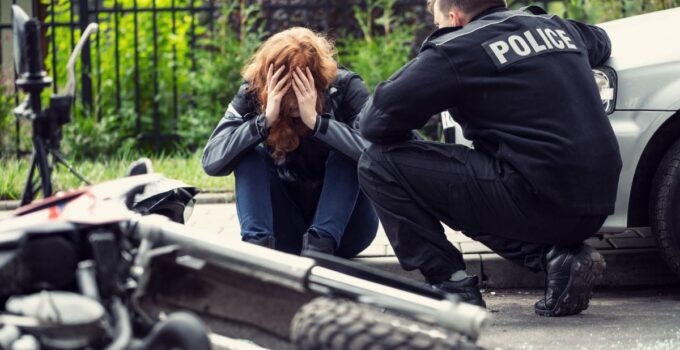

![How To Make 5.7 Hemi Faster – [EASY] How To Make 5.7 Hemi Faster – [EASY]](https://mechanicinsider.com/wp-content/uploads/2020/10/How-to-make-5-7-hemi-faster-211x150.jpg)
